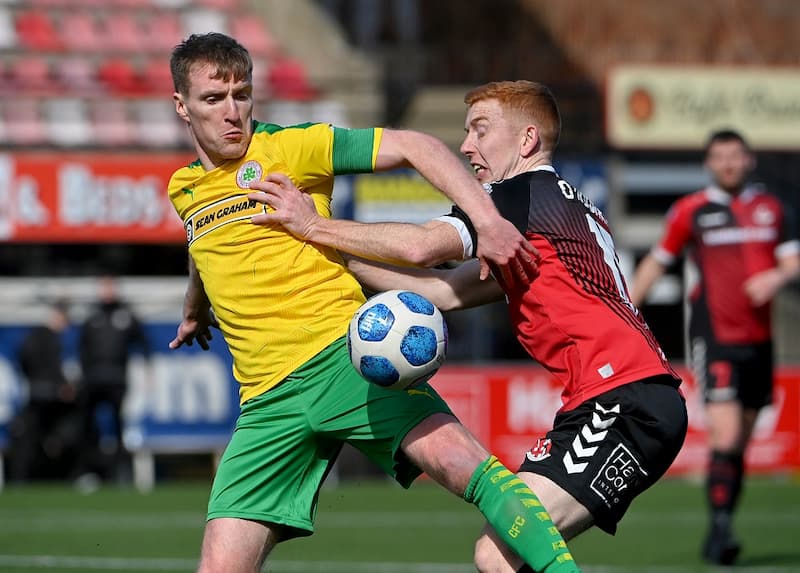The captains from the professional teams as well as those from the youth set ups come together to build a model of captaincy at the Club.

A Total of 199 sportsmen and women, all the captains of the respective teams from the five professional sports at FC Barcelona, came together on Monday at the Auditori 1899 for the first ever meeting between the leaders of the different teams at the Club. The initiative, set up by the FC Barcelona Centre for Sporting Excellence as part of the Culture and Values Programme, has as its objective the creation of a shared internal guide on captaincy at the Club.
The captains of the football first teams (Sergio Busquets and Alexia Putellas), the basketball team (Nikola Mirotic), handball (Gonzalo Pérez de Vargas), roller hockey (Sergi Panadero) and futsal (Sergio Lozano), as well as their counterparts from the youth teams and the Barça Foundation team, shared a day in which swapped ideas, experiences and stories that will help to put together the captaincy manual at the Club.
The FC Barcelona president Joan Laporta was also present at the historic meeting and said a few words before the gathered captains. He encouraged them to continue leading their respective teams and their important role as representatives of FC Barcelona values, both on and off the field.
In his speech, president Joan Laporta made clear that meetings such as this one is when it is made apparent that the Barça is ‘More than a Club’: “These meetings show that we are a club with values and values are a fundamental part of the model of sporting excellence.
If we win we celebrate and when we lose we sportingly congratulate our opponents: this is the reason why Barça is known around the world.” Defending FC Barcelona’s values, Laporta made it clear that he will not allow the Club’s essence to be sullied and that the Board of Directors will protect the organisation with all their might. As such, the FC Barcelona president called on the young captains to defend those principles: “You represent our values and our feeling for the Club and you show that on the field,” he concluded.
The first captains’ meeting took place at different venues. On the one hand, vice-president for sport Rafa Yuste welcomed the captains of the youth teams to the Auditori, 113 boys and girls in small work groups who shared their motivations and personal experiences and then debated what being an FC Barcelona captain means. The senior team captains met separately to talk about role models, characteristics, the unseen things they do, the satisfaction that captaincy entails, the difficulties and also advice for their peers.
After that, the senior captains made their way into the Auditori, where they were met by the youngsters, the vice-president of the Institutional Area, Elena Fort, the board members responsible for each team, and members of the FC Barcelona Management Committee. The professional captains answered questions from the younger captains and shared some of their experiences.
Sergio Busquets described his own captains from the past (Puyol, Xavi, Iniesta and Messi) and how much he had learned from them: “Each of them had his own personality and I had the fortune of being able to take the best from each and add my own personality to help my team-mates”.
Handball captain Gonzálo Pérez de Vargas spoke about what it takes to be a good captain: “First you have to be a good team-mate and a good person” he said. And basketball captain Mirotic said that “captains have to know how to solve problems.”
Women’s football captain Alexia Putellas said that satisfaction, for her, “is not just about winning trophies, but seeing all my team-mates happy and enjoying their work on a day-to-day basis.”
Roller hockey captain Sergi Panadero and futsal captain Sergio Lozano spoke along similar lines, the latter sating that “if a colleague is going through a difficult time and you are able to get into his shoes, then I’m sure you’ll be able to help.”
That brought an end to the event organised by the Centre for Sporting Excellence, the FC Barcelona organisation that promotes the club’s sporting and cultural values on an internal level, and which supports the training of young athletes.
This model of sporting excellence is one of the cornerstones on which Barça’s famous values are sustained, but it also works in other areas that make just as important a contribution to sporting performance, such as skills and tactics, medicine, nutrition, psychology, academic education, fitness, technology and physiotherapy.

